Is There A Universal Wifi Camera App ?
With the popularity of smart home devices, WiFi cameras have become an important part of security for many homes and businesses. However, the presence of numerous different makes and models of WiFi cameras on the market makes it especially important to choose a universal app to manage these devices. As an expertise blogger, I will explore the need for a universal WiFi camera app and the key factors users should consider when choosing such an app.
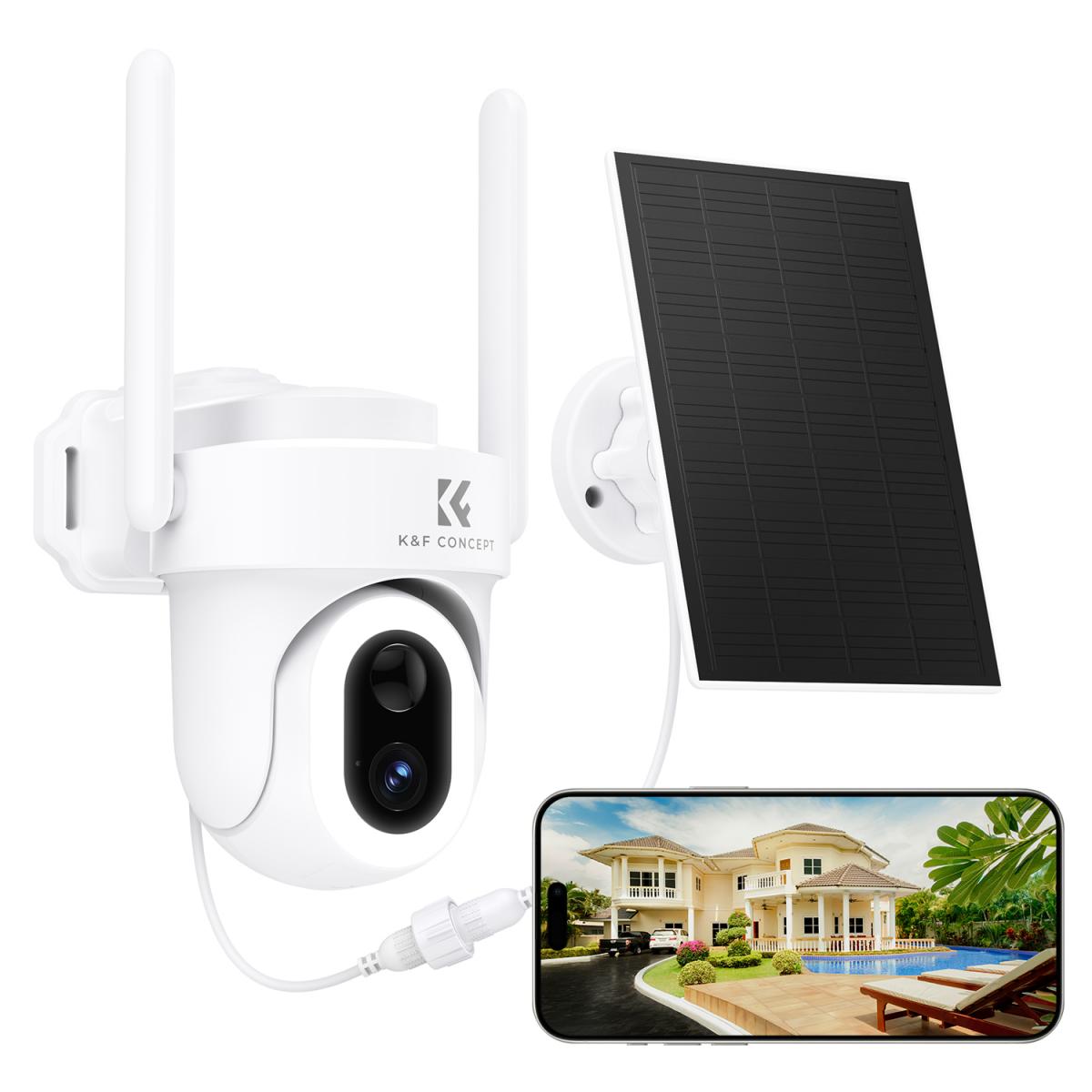
1. Application compatibility
First and foremost, app compatibility is one of the most important considerations for users when choosing a WiFi camera app. Generic apps should support a wide range of camera brands and models so that users do not have to change apps frequently. Compatible apps not only reduce the complexity of device management, but also enhance the user experience.
For example, some well-known universal WiFi camera apps such as TinyCam and IP Cam Viewer support multiple brands of cameras. By supporting the ONVIF standard, these apps provide great convenience by enabling users to manage different brands of devices on a single platform.
2. Ease of use and user interface design
Ease of use and user interface design are also key considerations when choosing a WiFi camera application. A well-designed user interface should be simple, clear and easy to operate so that users can get started quickly and manage their cameras efficiently.
A good user interface design not only enhances user satisfaction, but also reduces confusion and problems that may be encountered during use. For example, the application should provide intuitive navigation, clear setting options, and a convenient live preview function.
3. Security and privacy protection
The security and privacy protection of WiFi camera apps have become particularly important as cybersecurity concerns grow. When choosing an app, users should ensure that it has strong encryption technology to effectively protect video data and personal privacy.
In addition, apps should provide multiple authentication mechanisms, such as two-factor authentication, to further enhance account security. Users should also pay attention to the privacy policy of the application to ensure that it will not misuse or disclose personal data.
4. Feature-rich
A good WiFi camera app should be feature-rich to meet the needs of different users. These features include, but are not limited to, real-time video monitoring, motion detection, alert notifications, cloud storage support, and remote control.
Feature-rich apps not only enhance the value of the device, but also provide users with a more comprehensive security solution. For example, some apps offer cloud storage features that allow users to access video recordings anytime, anywhere, improving data security and convenience.
5. Performance and Stability
Performance and stability are important factors in ensuring user experience. A good app should be able to run stably without frequent crashes or connection problems. At the same time, the application should have good optimization performance and be able to run smoothly in different network environments.
A stable application not only improves the efficiency of the device, but also reduces the problems and issues encountered by users in the process. For example, the application should support multiple video streams to ensure stability when multiple cameras are working at the same time.
6. Price and value for money
While free apps are popular, paid apps usually offer better features and services. Users should evaluate the price/performance ratio of an app based on their needs and budget when choosing one.
For example, some paid apps offer advanced features and professional support that can significantly improve user experience and device management efficiency. Users should choose the most suitable app based on their needs, not just on price.
7. Customer support and frequency of updates
Finally, customer support and update frequency are also factors to consider when choosing a WiFi camera app. Good customer support helps users to solve problems in time, while frequent updates ensure the security and functionality of the app.
Users should choose apps that have a track record of good customer support and regular updates to ensure that they get prompt help when they encounter problems and continue to enjoy the latest features and security patches.
To summarize, choosing a universal WiFi camera app requires a combination of compatibility, ease of use, security, functionality, performance, price, and customer support. By choosing wisely, users can better manage and use their WiFi cameras for a more efficient security experience. Hopefully, the advice in this article will help you find the best WiFi camera app for your needs, making home and business security smarter and more convenient.


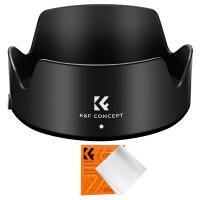
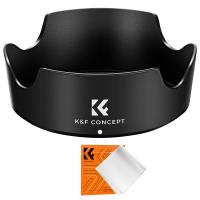


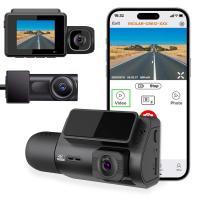
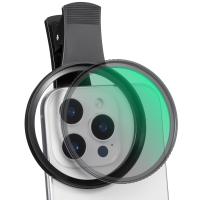
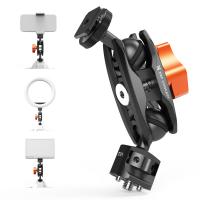
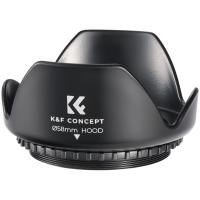
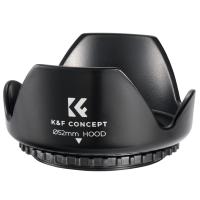
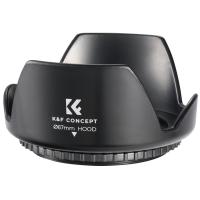
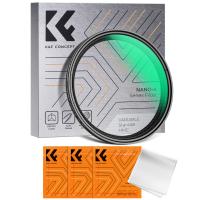
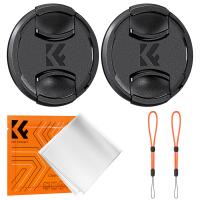

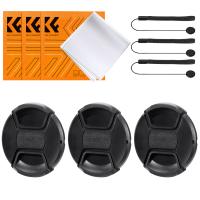
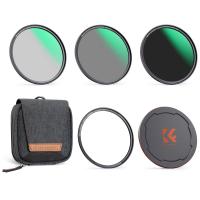
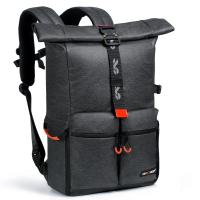
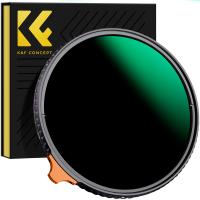
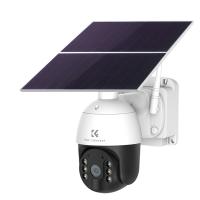
![Supfoto Osmo Action 3 Screen Protector for DJI Osmo Action 3 Accessories, 9H Tempered Glass Film Screen Cover Protector + Lens Protector for DJI Osmo 3 Dual Screen [6pcs] Supfoto Osmo Action 3 Screen Protector for DJI Osmo Action 3 Accessories, 9H Tempered Glass Film Screen Cover Protector + Lens Protector for DJI Osmo 3 Dual Screen [6pcs]](https://img.kentfaith.com/cache/catalog/products/us/GW41.0076/GW41.0076-1-200x200.jpg)
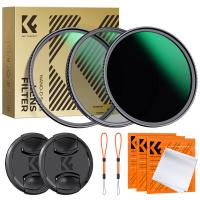
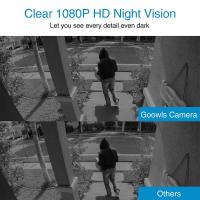

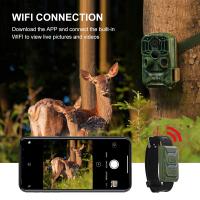
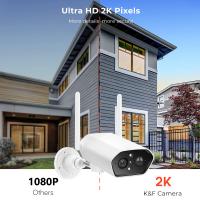
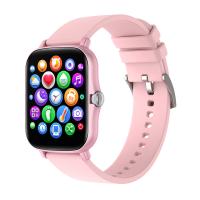
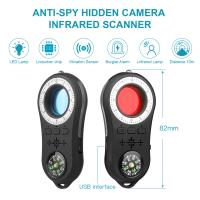
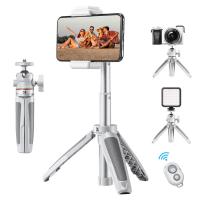




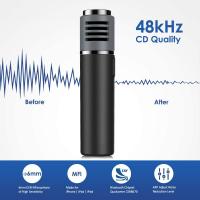


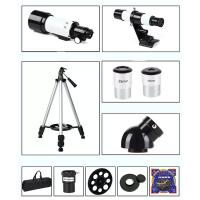

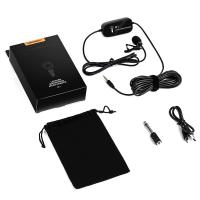

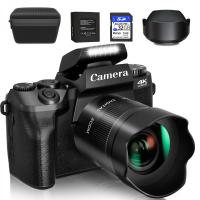
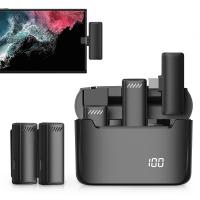
There are no comments for this blog.